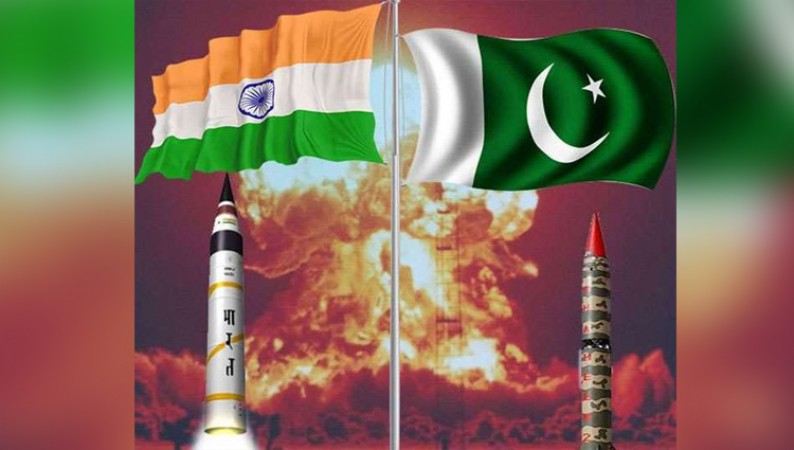
India and Pakistan swapped lists of their nuclear installations, adhering to a bilateral agreement signed in 1991. This agreement prohibits either country from targeting the other's atomic facilities.
The exchange, which marks the 33rd consecutive year of such communication, involved sharing details of nuclear installations and facilities under the Agreement on the Prohibition of Attack Against Nuclear Installations and Facilities. Both New Delhi and Islamabad facilitated this exchange through diplomatic channels, as confirmed by the Ministry of External Affairs (MEA).
This agreement, established on December 31, 1988, and enforced on January 27, 1991, mandates both nations to annually notify each other about their nuclear installations and facilities to be covered under this accord, with exchanges scheduled on the first of January every year.
Notably, this event occurred amidst strained relations between the two nations, stemming from conflicts over the Kashmir issue and incidents of cross-border terrorism.
The two countries have not engaged in formal discussions since concluding the composite dialogue following the 2008 Mumbai attacks perpetrated by Lashkar-e-Taiba (LeT), a Pakistan-based terror organization. These attacks resulted in the deaths of 166 individuals and left several others injured.
Efforts by the political leadership of both nations to revive discussions have been thwarted by successive terrorist assaults originating from Pakistan-based groups on Indian territory.
Farooq Abdullah Issues Warning: Kashmir's Fate Echoing Gaza without India-Pakistan Talks
Why Terrorists in Kashmir Are Using Chinese-Made Weapons Against Indian Army